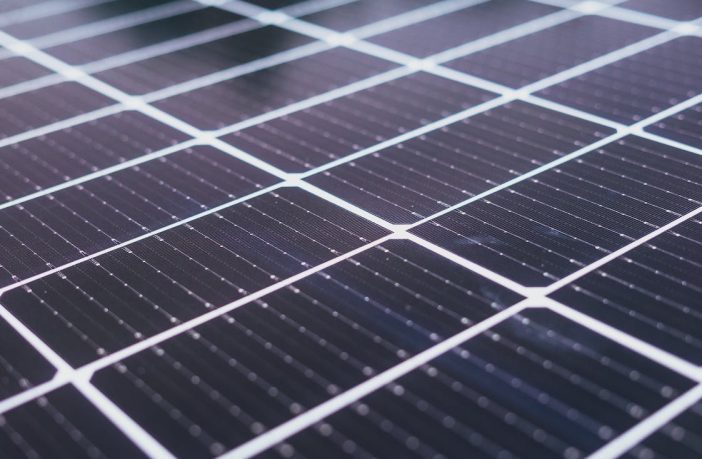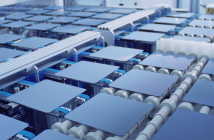News flash
- South Africa’s Minister of Finance, Enoch Godongwana, has introduce a 10% import duty on solar panels.
The move is part the the South African National Renewable Energy Master Plan (SAREM) published by The Department of Mineral Resources and Energy (DMRE). The plan is a result of consultations as led by the DMRE, working with industry stakeholders, experts, labour, and other government departments, which led to the development a SAREM which articulates a vision, objectives, and an action plan for South Africa to tap into opportunities provided by renewable energy and battery storage technologies.
The plan prioritises:
- Supporting the local demand for renewable energy by unlocking market demand and system readiness
- Driving industrial development by building renewable energy value chains, and supportive trade and industrial policy
- Fostering inclusive development through transformation, supporting the development of emerging suppliers and building local capabilities in skills and innovation and associated industrial development.
Author: Bryan Groenendaal
















18 Comments
How can an import tax on solar panels possibly promote the use of solar power? Something doesn’t make sense.
Another poor decision by a bunch that has zero understanding of what the man in the stret has to contend with.
The uneducated guess-work at these echelon have negative ramifications on small businesses and citizens at large.
GNU, at least get in people with some common sense and less greedy individuals!?
Exactly.. just another way to tax us again. Making it more expensive to get solar, f%$#@! This useless arrogant communist government
SARS: many BEE children are not getting their fair share of loot, so SARS will collect it and share it with other terrorists
100% – one a terrorist always a terrorist
Just another way to kick the only horse that is pulling the wagon. Rooftop solar reduced the load shedding stages by lowering the demand, and the “funny 5” is taking the credit for it. Just another example of being penny wise pound foolish as always, 15%VAT is also taken and added to the 10% import duty adding to the sum.
I think it is a lower tax rate.10% seems low to me.
This is stupid , rather reward solar panels imports
What a load of crap…. our incompetent government thinks it will solve all problems by taxing the shit out of the people.
Depends on how much the import duty was prior to introducing the 10% tax. It could have been 40%.
They don’t want us to use Solar Energy BUT use Eskdom…yes EskDOM.
Typical ANC idiots!
Now the cost of purchasing solat products will increase.
Just a way for the ANC to generate more money to steal!
Because they want you to pay the ekstra 12% electricity increase as there’s abundant power availably for the past 100 days
This is only a way for the government to make more money. And to take more money from the tax payers.
The people of SA are being ripped off once again. They caused the crisis, then, when citizens take control by installing solar, they slap you with extra taxes? Time to let these morons know that ENOUGH IS ENOUGH
Very poor decision, whilst the people are trying to live with solar power the Government makes it more difficult.
Is that a kick back commission to Who?
Their cross subsidy model between paying and non paying users are going for a ball of crap – a new way of plugging the gap must be found, and the easiest is to tax the few tax payers left to fund their miss management